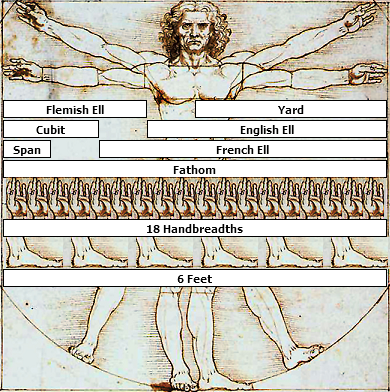Haha this is funny, feels like I need to go back to elementary school!
Ok, so lately I have caught myself running to Google for help when I'm writing posts here. That is mainly because when I write words like "headache" etc that consists of two words, I'm not sure if they should be together or not.
Back in school, my english teacher told us that english has one major difference from swedish, which is that in english, you most often do not write the words together as one word, so I was assuming "headache" was "head ache" but all of those assumptions are false according to some googling about it. In Sweden, we always write those kind of words together as one word, but now I'm beginning to feel that this is the case in english too since MOST of the cases when I thought it was 2 separate words, has actually been a single word instead.
BUT... I'm still not sure. I was doing the same googling routine today when I wasn't sure if it was "Powergrid" or "Power grid" and it was actually the latter. So what's going on here... are there a million exceptions one must learn or is one way or the other the correct way? I really wanna know, I feel like I'm losing "it"

LET THE CLASS BEGIN! (and thank you)
Maybe I can shed a little light on this, but hold on tight because it's not really all that straightforward (surprised, I know.) You see, it's not so much that English is full of exceptions for every rule as it is that English is taught using oversimplified rules which work reasonably well, and then the 'exceptions' are memorized one at a time. The problem is English is about as much of an inbred-mutt language as has ever existed, and some of the subtleties of grammar -- both syntax (form) and semantics (meaning) -- were borrowed as much as words and spellings. There are indeed fully qualified rules without exceptions, but they often start with prerequisites like "When a Norman French conjugation occurs in a subjunctive dependent clause..." Needless to say, this isn't terribly useful for kids in English class.
That said, there are some useful guidelines for compounds, names and noun-phrases. "Headache" and "power grid," for instance, are a compound and a noun phrase, respectively. Part of what separates the two is the relationship between the nouns (semantics.) In the case of headache, there is a difference in modern parlance between a head ache and a headache. The former refers to a general pain in the head area and the latter refers to a more specific type of pain due to intracranial pressure and inflammation (which is why we treat "headaches" with NSAIDs like Ibuprofen -- non-steroidal anti-inflammatories.) Now, why is the noun-phrase "head ache" not hyphenated like "noun-phrase" itself is? Because noun phrases (like right here) usually (technical jargon follows similar but different rules -- like medicine names) only require hyphenation when appearing in certain syntactical positions, and most specifically when being treated like a single noun, such as in lists (like the start of this paragraph.) So we could say, "NSAIDs are a common headache treatment," or "NSAIDs can be used for head-ache treatment." The latter has three nouns in a row, and we have to choose where to hyphenate. Since this isn't a title or name, we have to allow some of the nouns to act like adjectives, describing the more nouny noun(s). Highly technical, I know

So our options are "head-ache treatment" and "head ache-treatment." Which you use is based on which aspect of the idea you're trying to emphasize; the treatment or the locality of the ache.
As for "power grid", there isn't a more specific common usage of the idea which requires compounding for a neologism, thus the only compounds we see are of the type "PowerGrid", which serve as names/titles. However, were we to throw a couple more nouns in there, we'd have to hyphenate; e.g., "power-grid activation-test procedures." This is a fairly awkward construction, which is why we usually only encounter long sequences of nouns in titles and names. "Power Grid Activation Test Procedures" looks less cumbersome. Nonetheless, the former structure is technically correct when used in a sentence. It also allows for some flexibility in emphasis; "power grid-activation test-procedures" would obviously shift the focus toward the initialization procedures used in testing activation.
So, tl;dr version is that there Are rules and conventions which are rather clear cut, but they're also like extremely surgical Q's on an EQ; their range of application is very narrow and tightly defined. My best advice for you is to try to study common usage in recent publications and hope you get wise to the subtle patterns underlying the usages. But if you don't, no worries. Most native speakers are awful at it, because of how layered and mixed this language is

uke:




